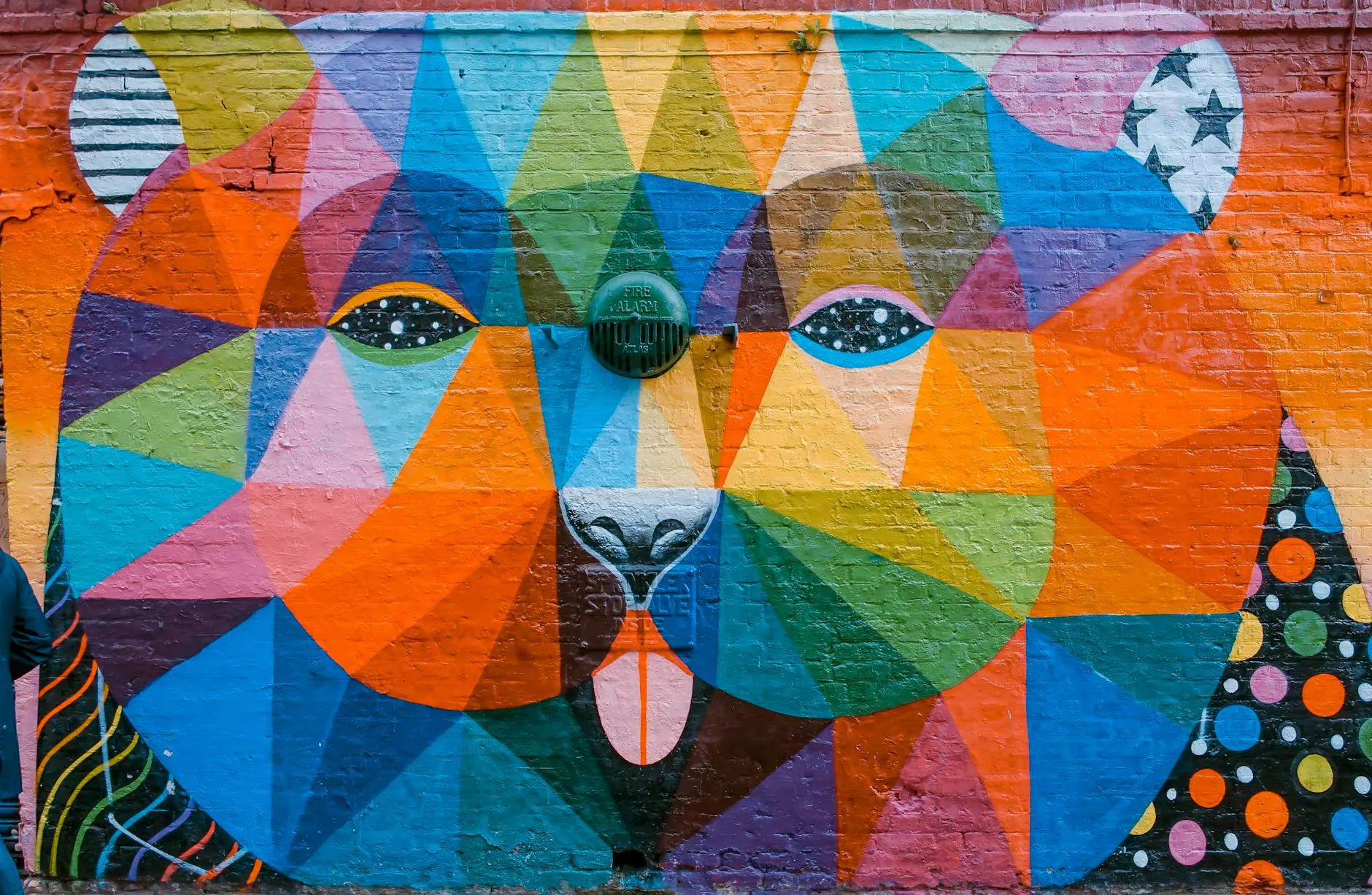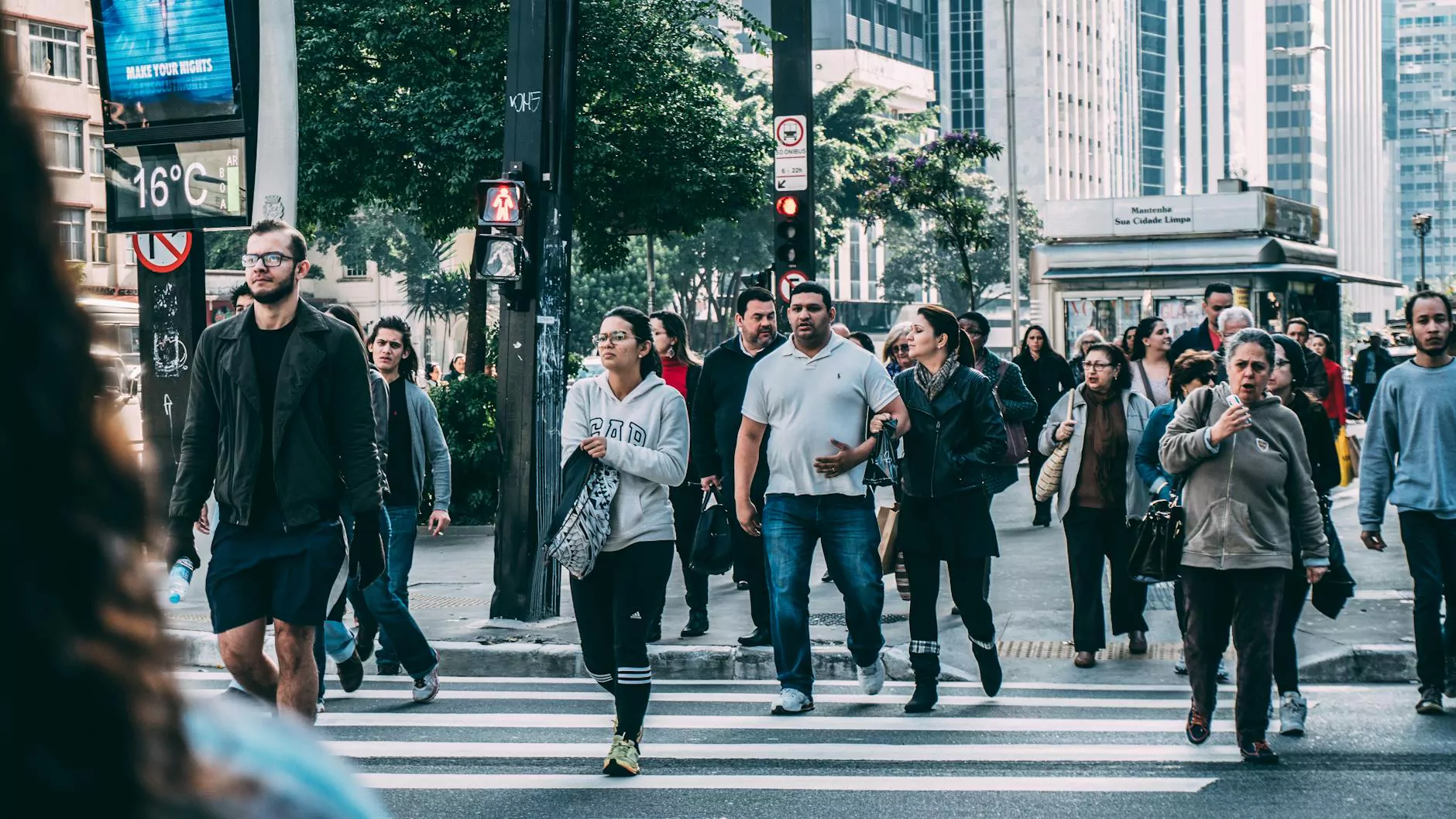Disgraced - Exploring the Complexity of Disgrace in Society
Book Reports
Welcome to the world of disgrace, where this webpage delves into the depths of this complex and crucial issue. At The Knowledge Nest, we believe in fostering discussions and providing comprehensive information on topics that shape our society. In this webpage, we examine disgrace and its profound effects on individuals, communities, and beyond.
Understanding Disgrace
Disgrace is a multifaceted phenomenon that encompasses various aspects of social, cultural, and personal experiences. It is an unfortunate reality that impacts individuals, families, and communities worldwide. This webpage aims to shed light on the different dimensions of disgrace, exploring its causes, consequences, and potential solutions.
The Forms of Disgrace
Disgrace can manifest in numerous forms, each with its unique dynamics and implications. It can range from personal disgrace, such as guilt, shame, and self-blame, to public disgrace, which involves societal judgment, stigma, and exclusion. Understanding these diverse forms is essential in comprehending the broader impact of disgrace on individuals and communities.
1. Guilt and Self-Blame
Guilt and self-blame often emerge from a personal sense of wrongdoing or moral transgression. They can arise through various circumstances, such as failing to meet personal or societal expectations or experiencing a loss of integrity. Understanding the roots of guilt and self-blame is crucial in addressing their detrimental effects on individuals' mental and emotional well-being.
2. Shame and Stigma
Shame and stigma are powerful forces that can permeate individuals' lives, shaping their identities and influencing how they perceive themselves and are perceived by others. These forms of disgrace often arise from societal norms, prejudices, and stereotypes. By exploring the underlying causes of shame and stigma, we can work towards creating a more inclusive and compassionate society.
The Causes of Disgrace
Disgrace is not born out of thin air; it has deep-rooted causes that contribute to its prevalence in our societies. By understanding these causes, we can begin to address the underlying issues and work towards creating a more empathetic and supportive environment for individuals and communities.
1. Social Expectations and Norms
Social expectations and norms play a significant role in shaping our behaviors and perceptions. When individuals fail to meet these expectations, they may experience disgrace, leading to feelings of guilt, shame, and exclusion. Understanding the pressures imposed by societal norms is crucial in developing a more accepting and inclusive society.
2. Prejudice and Discrimination
Prejudice and discrimination create a hostile environment where certain individuals or groups are systematically subjected to disgrace and marginalization. Whether based on race, gender, religion, or any other characteristic, these acts of prejudice perpetuate inequality and hinder progress. Addressing prejudice and discrimination is essential in dismantling the foundations of disgrace in society.
The Impact of Disgrace
The consequences of disgrace extend far beyond the individual experience, affecting communities and society as a whole. By examining its impact, we can identify the urgency of tackling this issue and initiating positive change.
1. Mental and Emotional Well-being
Disgrace takes a toll on individuals' mental and emotional well-being, contributing to anxiety, depression, and other mental health challenges. The stigma associated with disgrace prevents individuals from seeking support and can perpetuate a cycle of isolation and suffering. It is crucial to prioritize mental health and create a safe space for individuals impacted by disgrace.
2. Social Cohesion and Community Dynamics
Disgrace can fracture social cohesion and disrupt the healthy dynamics of communities. The stigmatization of certain individuals or groups can lead to exclusion, isolation, and a breakdown of social bonds. By fostering understanding and empathy, we can repair the social fabric and rebuild stronger communities based on acceptance and mutual respect.
Solutions and Moving Forward
While addressing disgrace is a complex task, it is imperative that we take steps towards creating a more inclusive and compassionate society. By implementing practical solutions and fostering open conversations, we can pave the way for positive change.
1. Education and Awareness
Education plays a pivotal role in challenging misconceptions and promoting empathy. By incorporating comprehensive education programs on disgrace and its impact, we can nurture a society that values inclusivity and understands the importance of supporting individuals who have experienced disgrace.
2. Empowerment and Support
Empowering individuals impacted by disgrace is essential in their journey towards healing and resilience. By providing supportive networks, access to resources, and mental health services, we can create an environment that uplifts those who have experienced disgrace and helps them regain their sense of self-worth.
3. Combating Prejudice and Discrimination
The eradication of disgrace necessitates a collective effort to combat prejudice and discrimination in all forms. By challenging stereotypes, promoting equality, and advocating for policy changes, we can dismantle the barriers that perpetuate disgrace and work towards creating a more just and inclusive society for all.
Join The Knowledge Nest in Exploring Disgrace
The Knowledge Nest invites you to delve into the complexity of disgrace and join us in meaningful dialogue and exploration. Together, we can foster understanding, challenge societal norms, and create an environment where individuals feel supported and accepted, free from the burden of disgrace.
- Explore the different dimensions of disgrace
- Gain insights into its causes and consequences
- Discover practical solutions to promote positive change
- Engage in thought-provoking discussions
- Empower yourself to make a difference in your community
Visit The Knowledge Nest's Disgraced webpage today and embark on a journey towards a more compassionate and inclusive society.









